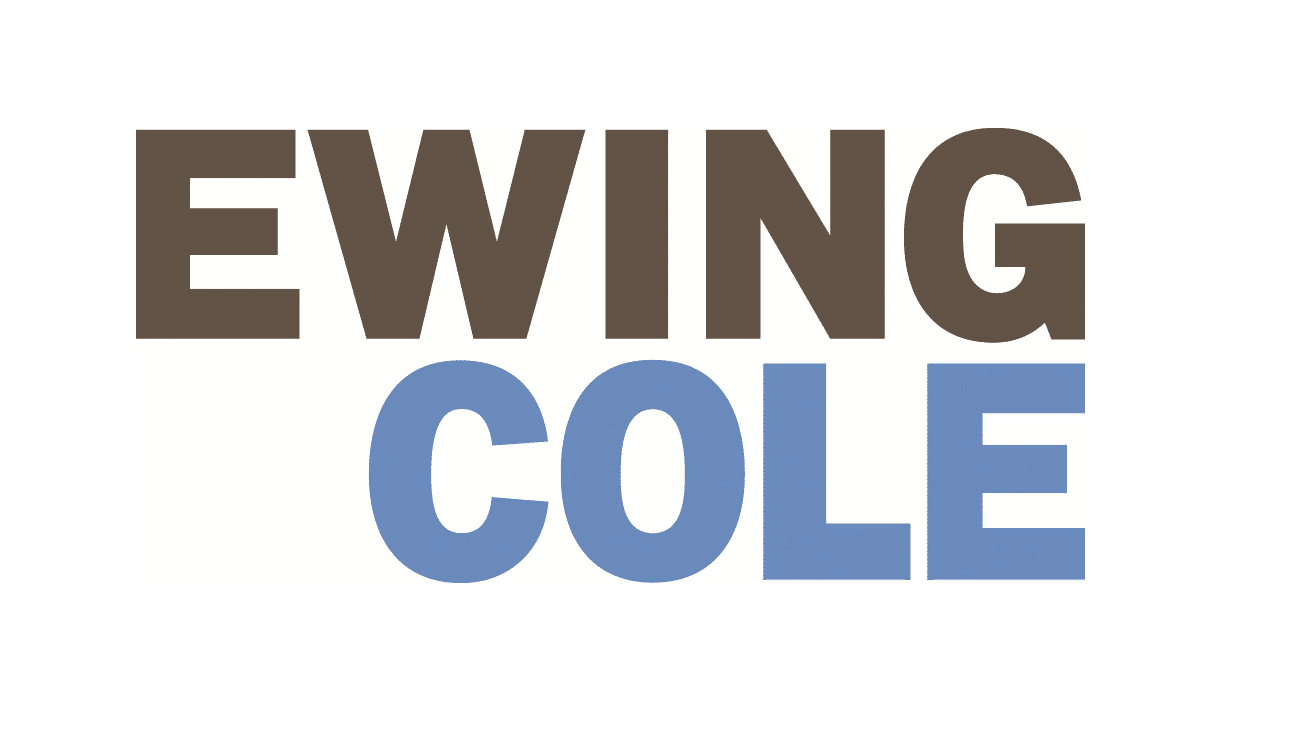Wellbeing Training Programs

Employee Wellness Training
Our employee mental health and wellbeing training programs are intentionally focused on helping employees develop essential self-leadership skills that positively impact their total wellbeing. All wellbeing courses can be customized to meet the needs of your organization. Each session has the ability to be delivered virtually or on site, and can be offered as a single wellbeing in the workplace training session or built into a comprehensive program.
Exude’s Mental Health Awareness training is designed to help normalize conversations about mental health, reduce stigma in the workplace, and create psychological safety for employees to receive professional support. During this interactive Mental Health Awareness training, participants will learn about signs and symptoms of anxiety and depression so that they can be better “noticers” and supporters of others who may be struggling and/or are in crisis. A focus on strategies for reducing stigma and mental health resources will be provided.
Learning Objectives:
- Understand the difference between mental health, mental health challenges, and mental health disorders.
- Understand the impact that stigma has on recovery and how to use “person first language” which focuses on the person vs. illness.
- Learn the early and worsening signs and symptoms of the two most common mental health disorders, anxiety and depression.
- Learn how to support individuals who are experiencing a mental health crisis and challenge and resources that can be shared.
Mental Health First Aid Certification Training provides learners with the skills and confidence to reach out and provide support to anyone who may be developing a mental health challenge or substance use problem and help connect them to the appropriate care. It’s also an effective strategy for removing stigma barriers that may be preventing employees from receiving professional support. This is a 6 hour training with 2 hours of pre-work specifically designed for managers and/or people leaders.
Learning Objectives:
- Evaluate the impact of early intervention on mental health challenges.
- Understand the impact that stigma has on recovery and how to use “person first language” which focuses on the person vs. Illness.
- Apply the appropriate steps of the Mental Health First Aid Action Plan (ALGEE) to a scenario
- Choose appropriate methods for self-care following the application of Mental Health First Aid.
Resilience is about increasing individual and collective ability to bounce back from adversity. It’s what allows us to recover from change or stress, whether in the workplace or other areas of life. Building resilience helps individuals and organizations manage their energy and perform at their best. This employee wellness training takes a science-based and application-based approach of teaching learners how to engage in small but intentional behaviors that will enable them to become more adaptable to change and effectively manage unrelenting challenges.
Learning Objectives:
- Understand the stress cycle and how to move your body through this so that you’re less prone to burnout.
- Identify specific steps you can take to reduce tension in your body and mind so you can be more focused.
- Learn how to calm and recalibrate your nervous system, so you can respond more confidently in times of change and crisis.
- Learn five resilience-building habits that can be immediately applied.
Course Description:
A growth-oriented and resilient mindset is vital to wellbeing and overall success. The good news is that we can learn to reset our mindset and retrain our brain in times of stress, fear, and anxiety. In this session, learners will discover practical, actionable strategies so that they can respond more confidently to change, calm their nervous system naturally, and rewire their brain for overall success and wellbeing. A shift in mindset can also increase confidence and ability to engage in positive behaviors and actions.
Learning Objectives:
- Understand how beliefs and mindsets are developed.
- Learn the fundamental concepts of the science of human flourishing and how shifting our mindset can increase our wellbeing, confidence, and success in all areas of life.
- Identify beliefs and actions that contribute to a growth and resilient mindset within an organization.
- Apply best practices for giving and receiving feedback in a way that can foster a growth mindset.
How individuals manage their emotions in the workplace has a profound effect on individual, team, and organizational success. Emotions directly impact decisions and actions. Therefore, employees at all levels of the organization need emotional agility in order to manage negative emotions in a healthy and productive way. This course will dive into self-awareness by inviting learners to be more curious about their emotions and learn how they can leverage their emotions to experience a greater sense of meaning and success.
Learning Objectives:
- Understand why it’s important to approach difficult emotions with a lens of curiosity vs. avoidance.
- Explore adopted beliefs about emotions and effective coping techniques.
- Gain self-awareness about why you feel the way that you do in difficult situations and how your emotions impact upon your performance.
- Learn how to take action that aligns with personal values over emotions.
Relationships lie at the intersection of personal productivity and people productivity. One impacts the other every day. There is compelling evidence that strong relationships contribute to a healthy and productive life. Relationships are also a vital component of health and wellbeing. Yet, often relationships, both at work and in our personal life, can be our greatest source of stress. This session will help learners deepen their self-awareness and develop the essential skills for fostering thriving work and personal relationships.
Learning Objectives:
- Understand the importance of social connections and how loneliness can impact wellbeing.
- Develop mindful communication skills such as empathetic listening, acknowledging, and validating.
- Learn the key components to developing thriving relationships.
- Apply practical strategies for increasing trust and connection.
Ignoring the needs of one’s mind and body hurts one’s ability to think, focus, and help others in need. As countless pre-flight safety briefings have taught us: “you need to put your mask on before assisting others.” Not doing so can put your own health and wellbeing, along with your team’s effectiveness and engagement, at risk. For you to do your best work with your team, you need to effectively manage your energy and prioritize self-care. This course will focus on three areas of self-care that are critical for managing energy: food, movement, and rest.
Learning Objectives:
- Understand the signs and symptoms of burnout and how to effectively manage energy.
- Discover non-depriving eating habits that can improve digestion and increase energy.
- Explore the barriers that get in the way of making time for daily physical activity and strategies for making this a sustainable habit.
- Learn the value of slowing down, mindfulness, and sleep habits for optimal recovery.
As organizations continue to experience the compounding effect of pressures both inside and outside of work, equipping leaders how to manage their own resilience and total wellbeing is becoming more important. Leaders have their own employee experience and they also have a significant ripple effect for the team members they interact with and influence. Low levels of resilience takes a toll on health, mood, cognitive capacity which all impact morale, discretionary effort, and productivity. During this interactive training, we will discuss the importance of resilience, self-care, and leadership and provide practical ways to enhance both personal and team effectiveness.
Learning Objectives:
- Recognize the impact that both stress and change can have on leaders and how that influences their overall adaptability.
- Create moments of self-awareness for individuals to reflect on what is influencing their wellbeing and what they can control/shift.
- Learn and practice science-based resilience strategies that you and your team can apply for increasing well-being and overall team health.
This Birkman Team Health workshop helps to surface and to address many of the challenges teams face, such as better understanding communications patterns, generating innovative solutions, and aligning goals. By having each participant view their own results, and also safely and productively mapping out team results, learners are able to better understand why certain relationship may be smoother than others. The health and productive conversation using the Birkman model plus real examples within the team makes for a profound discussion to help the team move forward.
Learning Objectives:
- Create psychological safety to discuss individual styles and get more team input
- Increase emotional intelligence by developing self and others awareness
- Improve collaboration by helping teams apply their differentiators to improve performance
- Gain an understanding of individual and team strengths, overused strengths, motivators, and expectations
This program utilizes the Energy Leadership™ Index (ELI) assessment and framework to increase engagement, life satisfaction, well-being and resilience. This research-backed system, utilized by companies such as Boeing, IKEA, and the United States Coast Guard, as well as tens of thousands of individuals, allows “everyday leaders” from all walks of life to harness and measure energy to achieve success in the workplace, the home, and in the world at large.
The Energy Leadership™ Index (ELI) assessment is a research-based assessment tool that takes something abstract, like the way a person views the world, and turns it into something tangible—a metric that you can see and feel and even reevaluate in the future.
Session 1: Energy Leadership Overview & Debrief
- Overview of the seven “levels” to describe the types of energy a person experiences and expresses. Each type of energy has inherent advantages and disadvantages and can be consciously used to reach specific goals. It’s also normal for us to cycle up and down the spectrum.
- Group debrief of the ELI assessment results and option to provide aggregate team results.
Session 2: Effective Energy Management
- This session will take a deeper and more individualized dive into four “energy blocks” that cause individuals to experience more stress and drain energy.
Session 3: Group Coaching – Integration & Reinforcement (1.5 hours)
- Additional tools will be shared and session will be focused on helping participants create a development plan.
Listening circles, facilitated by Exude’s Mental Health Expert, Dr. Charryse Johnson, are a powerful coaching tool that can support individuals and teams that are struggling. Offering listening circles to your employees provides a positive way to safely connect with each other while also feeling heard, seen, and supported.
Interested in learning more? Contact us today!
See How We’ve Helped Organizations Like Yours
-
![]() Integrating Wellness with your Employee Benefits Strategy Saved 20% on employee benefit costs in year one through innovative wellness strategies. Read More
Integrating Wellness with your Employee Benefits Strategy Saved 20% on employee benefit costs in year one through innovative wellness strategies. Read More -
![]() Case Study: Ewing Cole Learn more about how Exude can help enhance your employee experience and overall company culture. Read More
Case Study: Ewing Cole Learn more about how Exude can help enhance your employee experience and overall company culture. Read More -
![]() Improving the Overall Employee Experience By creating intentional HR touchpoints we created a more engaged, connected staff that better reflected their employer brand and delivered their desired employee experience. Read More
Improving the Overall Employee Experience By creating intentional HR touchpoints we created a more engaged, connected staff that better reflected their employer brand and delivered their desired employee experience. Read More

Working Together For You
At Exude, we have a firm belief that when we help your people be the best versions of themselves, your company will be its best. Our integrated approach leverages our team of experts to improve your employee and customer experiences while driving greater business results.
Interested in engaging with a wellness consultant for your organization?


